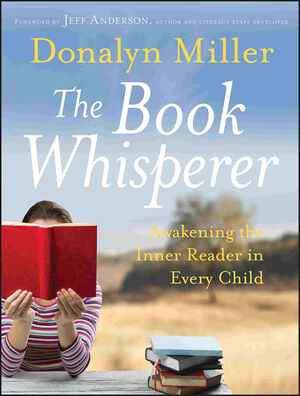The first post I commented on of Mrs. Palmer's was
Knowing is easier than implementing. Her post was about a business book, rather the first 25 pages of a book, called
Difficult Conversations: How to Discuss What Matter by Douglas Stone. Mrs. Palmer summarizes why some conversations are more difficult than others, why we avoid them, and what we think about when having a conversation. Basically there are three topics that come to mind when having a conversation; what happened, feelings, and identity. The what happened idea involves truth, blame, intentions, and conflicts. You or the other person want to be right and disregard the other person's side of the argument. The feelings conversation occurs when you let your feelings get in the way of thinking and acting rationally, or you are afraid of hurting the other person's feelings. Lastly, the identity idea happens when people worry about their image. Mrs. Palmer then discusses how by reading this book teachers, principals, and students can benefit from this positive way to communicate.
In my comment, I told my personal experience of having difficult conversations. I talked about my team and how the three topics were always part of our conversations. After a conflict many members let their feelings, as well as the feelings of others, get in the way of progressing. As the captain, every time I had a conversation I was aware that my image was at stake. I really enjoyed Mrs. Palmer's post about difficult conversations because I completely understand what it is like to have one.
 |
| Definitely on my "must read" list! |
As an elementary student I must have been an extremely optimistic nerd because I really loved reading. Book reports was an extension of the enjoyment of reading. Required readings were new adventures for me. Generally, I enjoyed every part of reading...except writing according to MLA. This is similar to what Mrs. Palmer's blog, Mrs. Palmer has changed my life, is about. In her blog she discusses using the method in
The Book Whisperer to help her students get better at reading. The book's method is simple. Do not have assigned/required books and do not assign book reports. The book says that "skilling and drilling" our students is killing their love of reading. Implementing required texts, reports, tests, and programs that are supposed to help children read actually negatively affect children's view on reading. So, Mrs. Palmer did away with reports, but required the students to read 18 books. The students had freedom to choose what books they read according to genres set by Mrs. Palmer. They also had a reading period during class. Mrs. Palmer's students loved the experience and many still read and love it. The parents were also very appreciative and pleasantly surprised by their children's new love of reading.
In my comment I brought up my siblings' experience with DEBILS. It is a program designed to help students read by targeting seven different ares in one minute. For more information visit
DEBILS. The program did not help my siblings at all. In fact, it actually negatively affected their reading. They could speed read but they could not remember nor comprehend the material they read. My parents had to work with my siblings to try and reverse the effect of DEBILS. Hopefully, as a teacher I will remember Mrs. Palmer's blog and use the method in
The Book Whisperer to create a love of reading in my students.

No comments:
Post a Comment